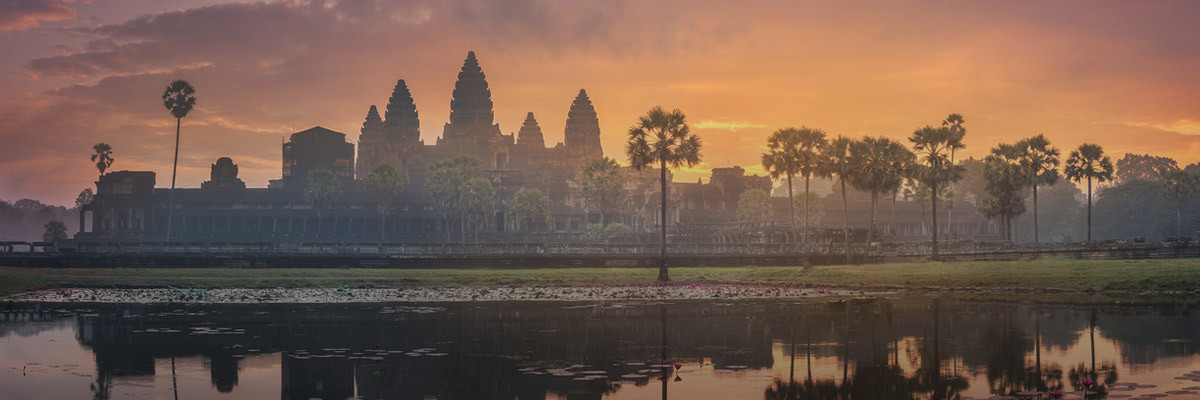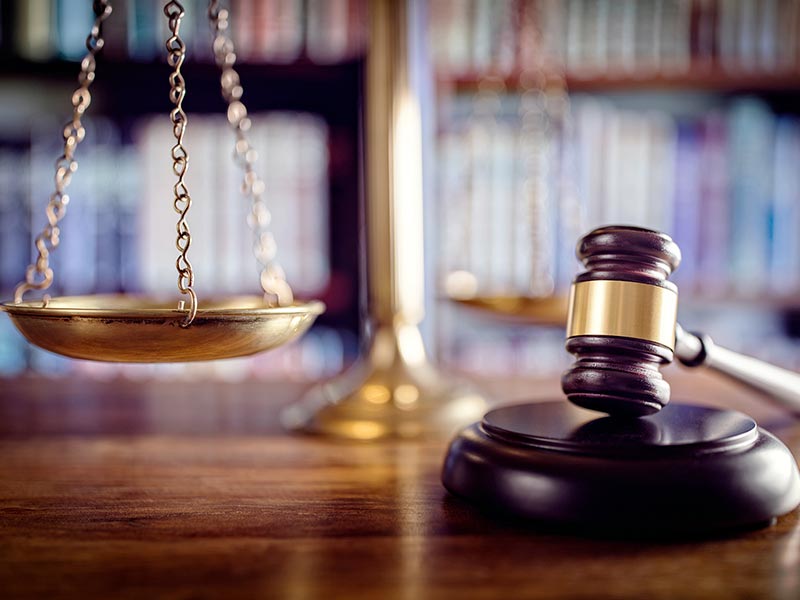
Earlier today, Facebook published an executive summary of a human rights impact assessment (HRIA) BSR conducted on behalf of Facebook in Cambodia and their response to those recommendations. This follows Facebook’s previous publication of BSR’s HRIA of Facebook in Myanmar and human rights review of the Facebook Oversight Board. Today Facebook also published executive summaries of HRIAs conducted in Indonesia and Sri Lanka.
BSR’s HRIA made 22 recommendations for Facebook in Cambodia across the five areas of Community Standards enforcement, protecting civic space, engagement with stakeholders, promoting systemwide change, and preparing for upcoming risks and opportunities. Facebook’s response to the HRIA clearly sets out the meaningful steps the company is taking to implement the recommendations and its plans for more in the future.
We welcome these disclosures as part of Facebook’s increasingly strategic approach to human rights due diligence, one that covers the main elements expected by the UN Guiding Principles on Business and Human Rights (UNGPs): assessing human rights impacts, taking action, tracking effectiveness, and communicating externally.
Taken in combination, these disclosures indicate three trends in business and human rights that we believe will take hold over the coming years.
- Reporting the results of human rights assessments, not just the process. Over recent years, companies have increased public communications that describe their human rights due diligence process, such as when, how, and where human rights assessments are conducted. However, it remains rare for companies to disclose the findings of these assessments and the actions that are subsequently taken. The proposed new Global Reporting Initiative Human Rights Standard includes reporting on the actual and potential adverse human rights impacts identified and actions taken, and so we both welcome Facebook’s disclosures and see them as a sign of things to come. Facebook’s decision to publish executive summaries, rather than the full HRIA, also points towards an approach that allows for increased disclosure by companies while protecting stakeholder safety and commercial confidentiality at the same time. It’s a good balance, and we expect increased alignment around this approach. Google’s recent HRIA of a celebrity recognition tool is another notable indicator of this trend.
- Considering respect for human rights in entire systems, not just individual companies. Facebook’s HRIAs identify the company’s actual and potential adverse human rights impacts—however, they also situate these impacts as part of a broader system. The recommendations contained in the HRIAs are notable for the extent that they involve action by multiple parties, not just Facebook. As we have previously written, while HRIAs are typically undertaken for a single company, the solutions often need to be applied at the system level. This also implies that not only do multiple actors need to be involved, but that single companies have the potential to exact positive influence on the entire “protect, respect, and remedy” human rights ecosystem.
- Connecting global and local approaches. While the HRIA BSR conducted was focused on Cambodia, we made five recommendations on topics, such as human rights defenders, child rights, and advertising on Facebook’s platforms, that are relevant everywhere. While each country has its own unique context, Facebook’s increasing portfolio of country-level HRIAs provides good insight into the direction that a global human rights program can take.
The UNGPs state that companies should track the effectiveness of their human rights approach by drawing upon feedback from external sources, including affected stakeholders. We hope that the publication of these HRIAs and Facebook’s response to them enhances this feedback process and informs improved dialogue among all stakeholders. We look forward to seeing progress over time.
Topics
Let’s talk about how BSR can help you to transform your business and achieve your sustainability goals.








